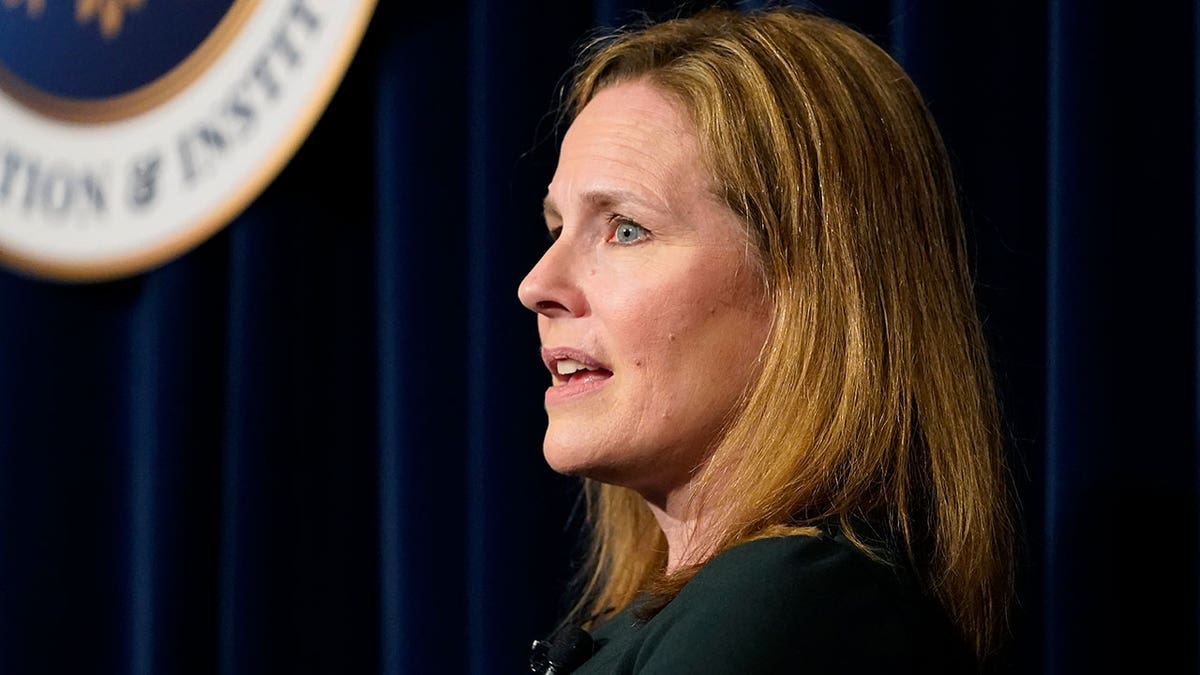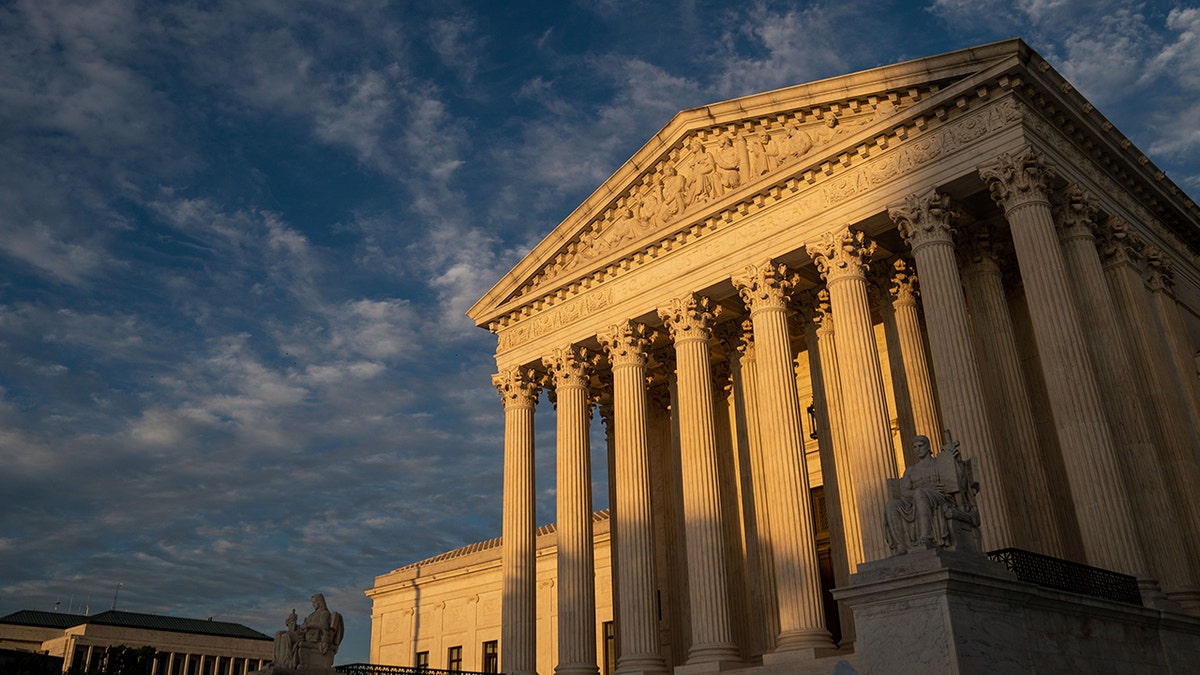In a significant decision, the Supreme Court has upheld the Indian Child Welfare Act (ICWA), a federal law designed to prioritize placing Native American children with Native families during custody and adoption proceedings. The 7-2 ruling rejects challenges brought forth by several states and White families who claimed the law discriminated against them.
Justice Amy Coney Barrett, writing for the majority, acknowledged the complexity of the issues involved but ultimately affirmed the ICWA's constitutionality. The challengers argued the law exceeded federal authority, violated states' rights, and constituted racial discrimination. However, the Court dismissed these arguments, some on merit and others for lack of standing.

The case stemmed from a custody dispute involving a Native American child. Jennifer and Chad Brackeen of Fort Worth, Texas, sought to adopt the child's half-sister after successfully adopting his brother, whose Native American mother was unable to provide care. The tribe aimed to place the boy with other tribal members, even though they were not related to him.

Tribal leaders have long championed the ICWA as essential for preserving Native American families and culture. Over three-fourths of federally recognized tribes submitted briefs to the Supreme Court emphasizing the law's importance and effectiveness over its 44-year history.
Chrissi Ross Nimmo, deputy attorney general of the Cherokee Nation, underscored that tribes are political, not racial, groups, and they have the right to determine citizenship like any sovereign nation.
Opponents of the ICWA, including Texas, Indiana, and Louisiana, argued it infringed upon state authority over child custody matters. However, the Supreme Court's decision reaffirms the federal government's role in protecting the interests of Native American children and families.
Comments(0)
Top Comments